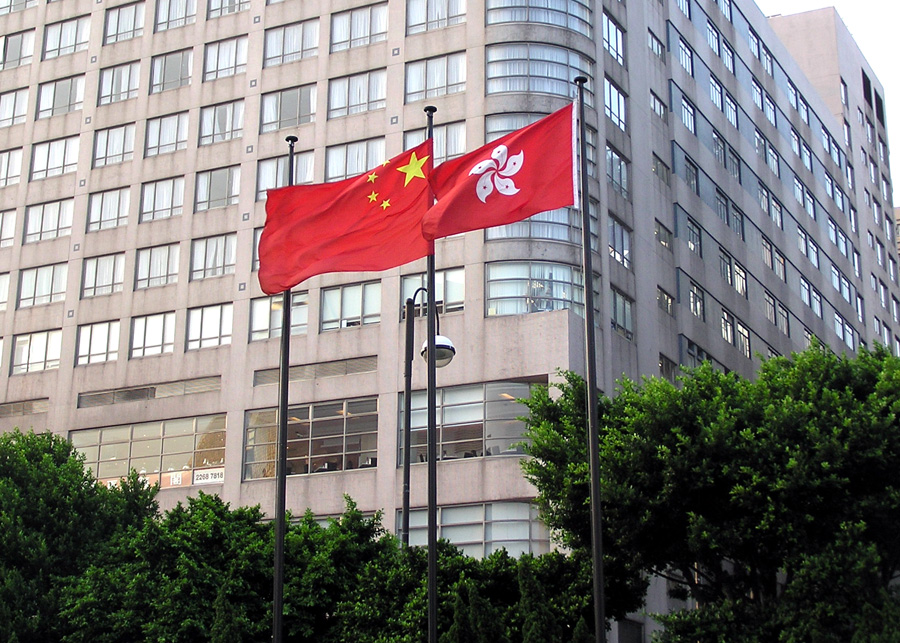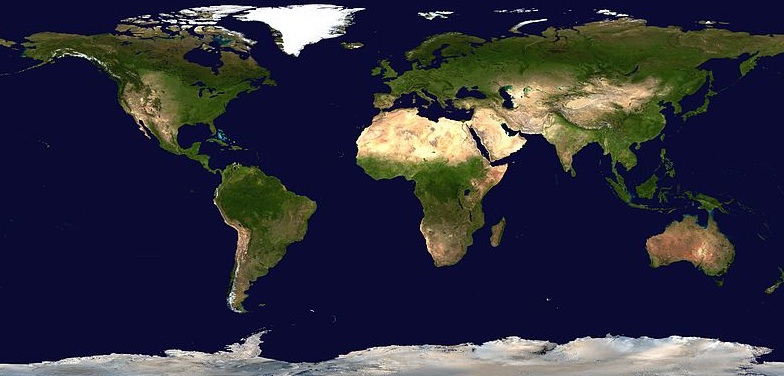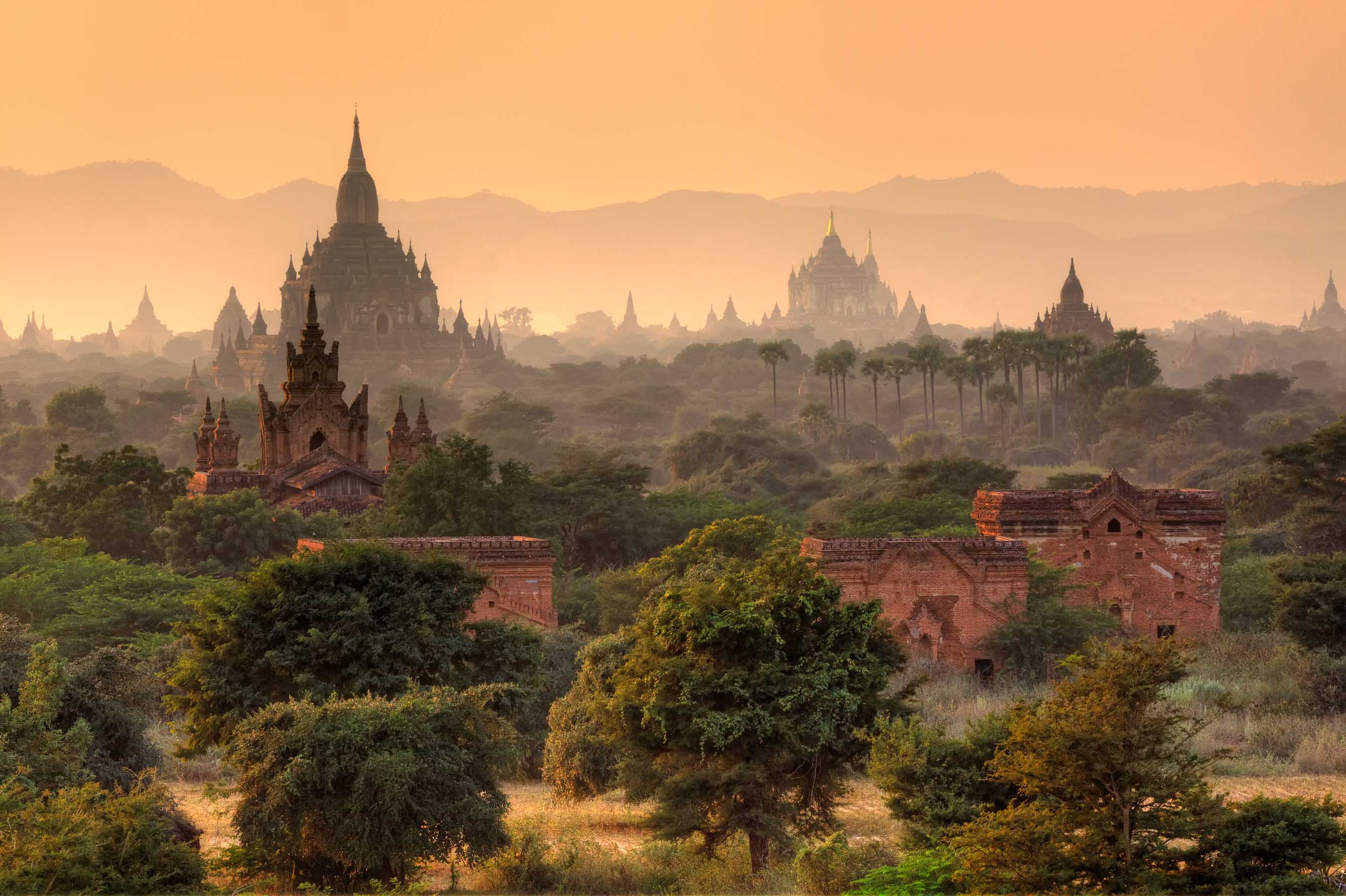
The city of Hong Kong occupies a peculiar place in modern-day China. On one hand it is a remnant of China’s colonial past. The United Kingdom captured the region during the First Opium War in 1842, marking the beginning of a ‘century of humiliation’ for China, and only relinquished control of the city to the Chinese government in 1997. On the other hand Hong Kong is one of China’s most prosperous cities due to this history. Under British rule it developed into a global financial centre and Hong Kong expertise has helped China develop into the economic powerhouse it is today.
Hong Kongers also enjoy rights and privileges that mainland Chinese do not, due to the city’s colonial past. As a part of the UK’s handover agreement in 1997, the Chinese government implemented the “one country, two systems” principle (better known as the Basic Law). This principle allowed Hong Kong to keep its capitalist economy, maintain its autonomy in all government matters except for foreign affairs and defence, and guaranteed the independence of its executive, legislative, and judicial branches of government. The Basic Law also guaranteed the freedom of speech, press, assembly, and religion to the 7.5 million citizens of Hong Kong.
A recent Chinese government ‘white paper’ has shaken many Hong Kongers’ confidence that Beijing will continue tolerating these freedoms and rights. The government document, titled “The Practice of the ‘One Country, Two Systems’ Policy in the Hong Kong Special Administrative Region,” spells out Beijing’s re-interpretation of the Basic Law; it reaffirms Hong Kongers’ right to elect a Chief Executive (who leads the city) and universal suffrage in 2017 but also stipulates that this Chief Executive must love the country (meaning they must be loyal to China as a whole, not solely Hong Kong) in order to be acceptable to Beijing. The document also points out that Hong Kong’s autonomy in its judicial and government affairs only extends as far as Beijing permits. It states that Hong Kong is just another administrative region of China and that the importance of ‘one country’ comes before ‘two systems,’ a big change from Beijing’s hands-off approach of the last 17 years.

This ‘white paper’ sparked a wave of pro-democracy protests that paralyzed parts of Hong Kong’s business district. A sit-in by student groups led to 511 arrests for illegal assembly while a protest earlier that day was estimated by organizers to have drawn 510,000 participants (Hong Kong authorities say only 98,000 to 120,000 people attended).
Protesters have two particular worries. The first is that the promise of universal suffrage in 2017 by Beijing will be abandoned. The Chief Executive is currently elected by a committee of 1,200 city officials and businessmen, many of whom tend to be pro-Beijing. The universal suffrage that Hong Kongers desire would allow them to nominate the candidates to be elected by the 1,200 strong election committee. Many fear that Beijing will subvert this process and allow only pro-Beijing candidates to be nominated by imposing selection criteria upon them (including the aforementioned “love the country” criterion). The other fear is that Beijing is disregarding the autonomy guarantees found in the Basic Law to bring Hong Kong more in line with the rest of the countrypolitically and socially. The ‘white paper’ makes it very clear that Hong Kong’s independent judicial and political systems are subordinate to Beijing’s authority and that any interference by Beijing, like imposing nomination criteria for the Chief Executive elections, is justified.
Beijing’s reinterpretation of the ‘one country, two systems’ principle poses questions for Macau and Taiwan as well. Macau, a former Portuguese colony handed over to China in 1999 and the world’s largest gambling centre, operates under the Basic Law of Macau, containing the same guarantees of autonomy and civil liberties as in Hong Kong. Although Macau’s pro-democracy groups are smaller and much less active, any crackdown by Beijing based on its reinterpretation of the Basic Law may hurt Macau’s booming economy and its relations with China.
There is also Taiwan. It is widely speculated that the ‘one country, two systems’ principle was created to entice Taiwan in failed re-unification negotiations with the mainland. Beijing’s reinterpretation of the principle limits its attractiveness to Taiwan and may severely damage hopes of peaceful reunification.
The future of Hong Kong’s democracy is uncertain amid pressure from the central government in Beijing. As China’s economic clout grows, Hong Kong’s importance to China’s prosperity lessens. Beijing risks damaging its relationship with the people of Hong Kong and causing further protests if it reneges on the promises it made to them with regards to its civil liberties and autonomy. Pro-democracy activists in Hong Kong wait with baited breath to see what comes next.




